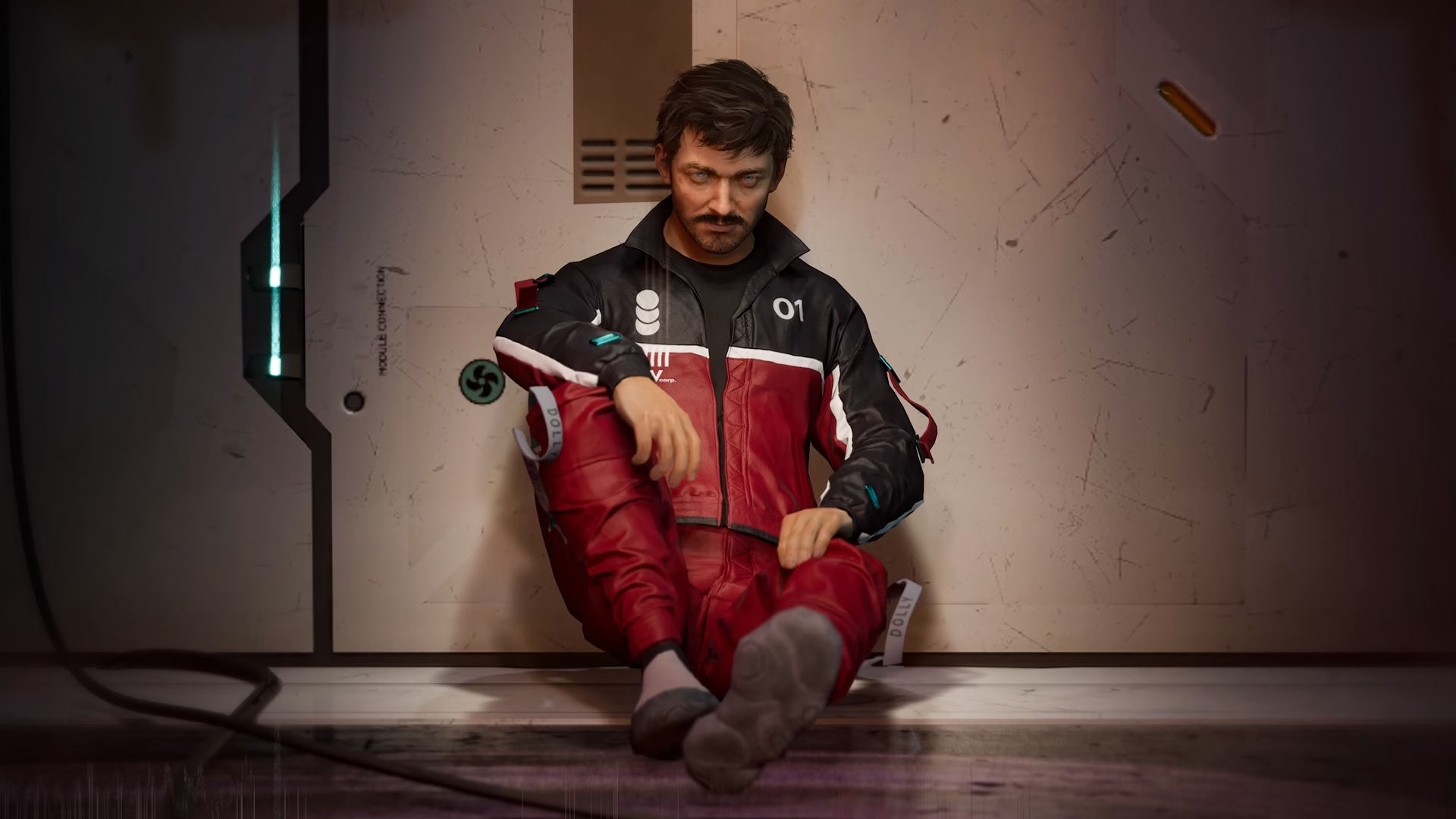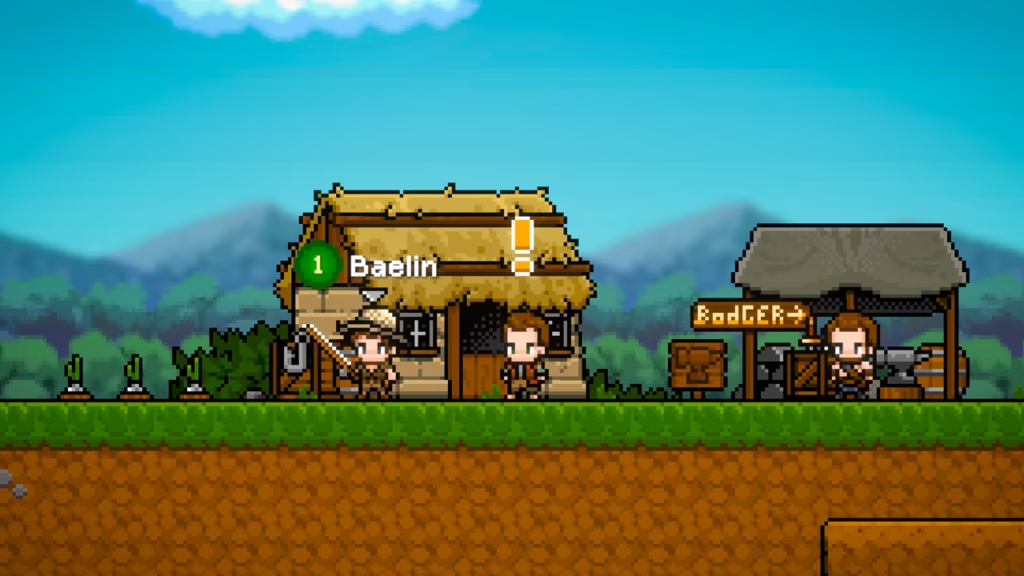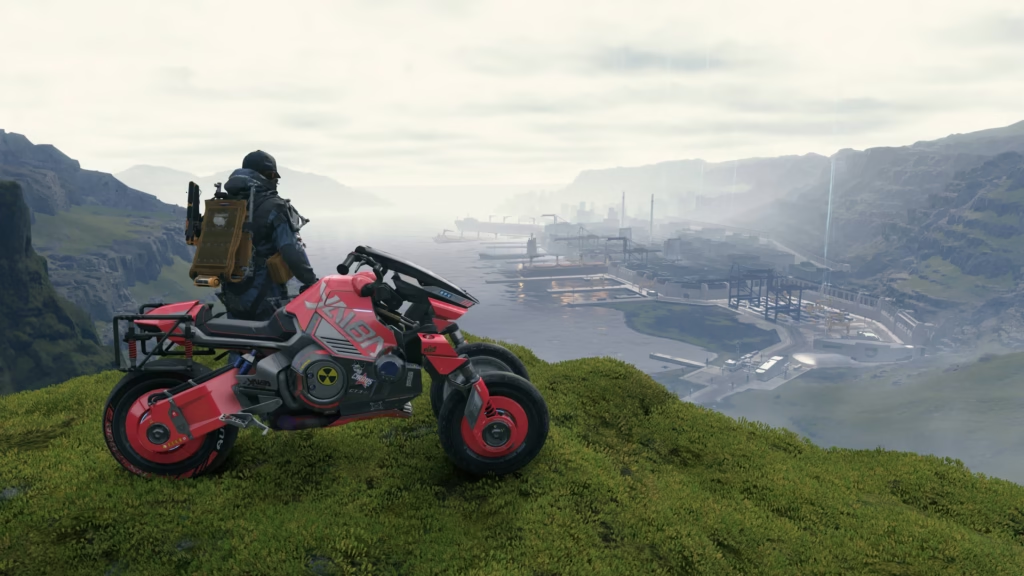I’m sure you have at some point thought about what your life could have been like had you made different choices. Perhaps your kids would have had more respect for you if you’d followed your dreams, maybe things would have been different if you’d asked her out sooner (or later), what if you’d studied engineering instead of medicine?
Now imagine that you’re fighting for survival in a strange new world and only have yourself for company. Well, you and your alters — alternate versions of yourself that made the choices you would not or could not make. They’re still you, but shaped by the different lives they’ve led and the choices they’ve made. Need a scientist? Pick a life path where you chose to study rather than play and make a clone, but know that you have no control over the outcome and might end up with a Victor Frankenstein rather than an Albert Einstein.
Would survival in this scenario be a challenge or a cake-walk? Would you tear your hair out in frustration dealing with an army of your own stubborn/zany clones? Or perhaps find comfort in a shared memory, motivation courtesy of a common foe, or even true brothers because you just understand each other so well.
If you do survive, what would you do with this newfound perspective on life, courtesy of your alternate timelines made real? Do you give it all up and head for the open road, take responsibility and deal with the fallout of your actions, or perhaps try and rekindle a lost love?
That, in a nutshell, is what The Alters is all about, and where its appeal lies.
Dolski to the rescue
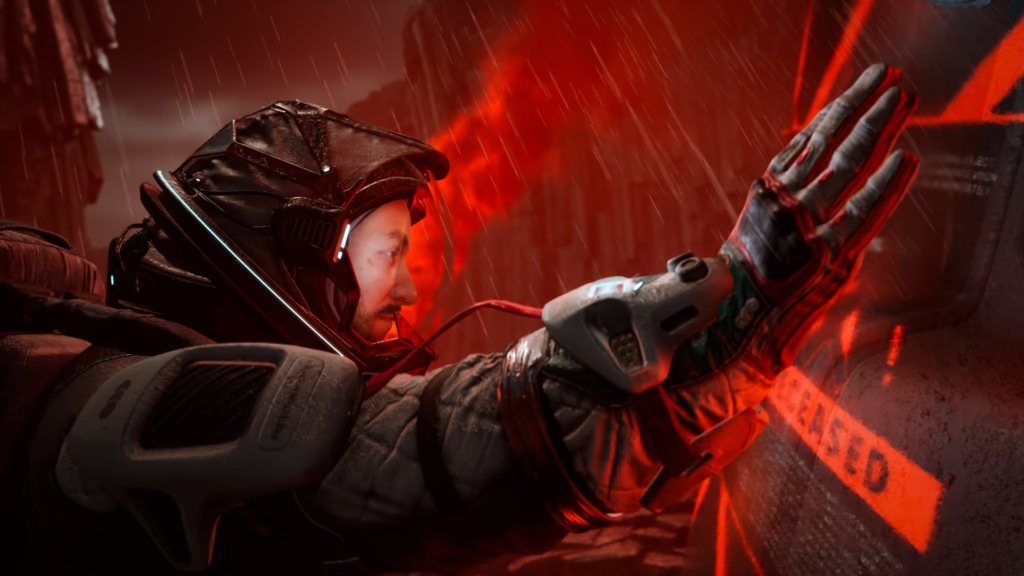
You play Jan Dolski, the last surviving member of a crashed spaceship that was scouring the galaxy for a miracle element called rapidium (it rapidly accelerates life, hence the name). The planet you’re on is alien and hostile to life, resources are scarce, and you will soon perish without help. As luck would have it a mobile base somehow survived and you’re on a rapidium-rich planet. Your corporate overlords are so desperate for rapidium that they sanction an illegal quantum cloning operation of sorts that lets you create alternate versions of yourself and build up a crew. Your objective: Get your one-wheel base to the extraction site (loaded to the brim with rapidium of course) before the sun destroys all.
In terms of mechanics, I would describe The Alters as a cross between Frostpunk and Stardew Valley. As with Frostpunk, you’re fighting for survival and resources are scarce. Every step must be planned in advance as not having enough resources at critical moments could set you on a death spiral that will end your run a few days hence. Like Stardew Valley, gameplay is segmented into “days.” Every action takes time (30 minutes to cook a meal, an hour to mine six minerals, two hours to craft a repair kit, etc.) and you must accomplish what you can in the 16 hours before exhaustion kicks in and you must sleep.
Alter egos
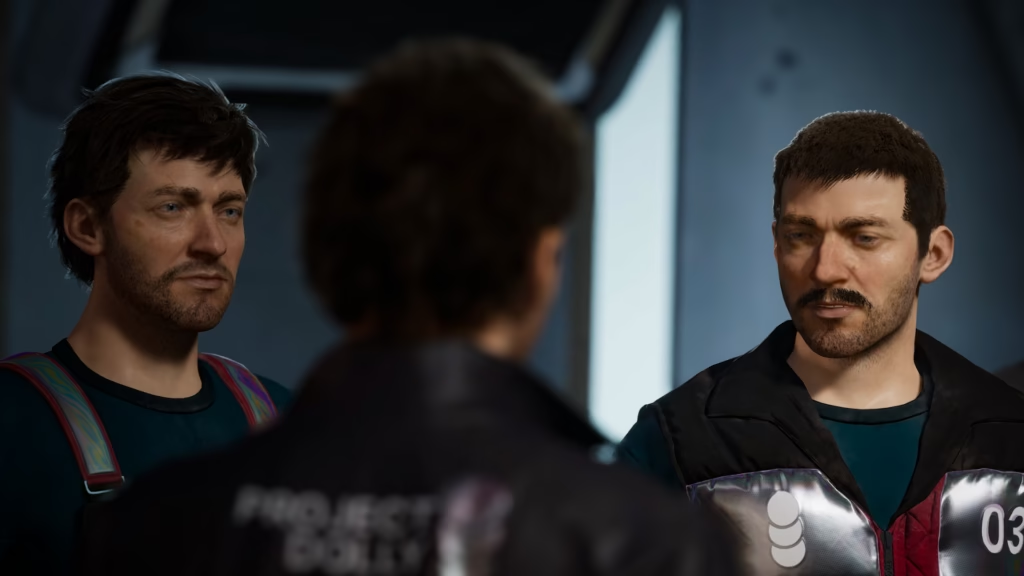
What gets frustrating at times, especially in the first half, is alter management. While you work 16-hour days juggling a million tasks, risking radiation poisoning and often your sleep because if you don’t everyone could be dead by morning, your alters will only work 9 hours, often 7, and sometimes sulk and only work 4. Maintaining their humour is more of a task than maintaining the base itself, and half the time you have to redo your schedule because an alter threw a fit about wanting dumplings (two days into a magnetic storm that destroyed your greenhouse). It feels like you’re babysitting your whiny nephews and not a trained crew of grown men.
It’s only part way through the second act — halfway into the game — that The Alters truly starts falling into place. Events unfold that give your alters reason to be moody. Your hard work in the first act starts paying dividends and things are more manageable, giving you more time to get acquainted with your brethren.
You start paying closer attention to their stories and empathising with their situation (imagine waking up one day and being told that you’re a clone and that your memories are lies). You start navigating your own psychological landscape rather than simply managing a team.
Multiplicity, and all it entails
By the end of the game — and several twists of fate and a fantastic climax later — you really do feel like you’ve built a surrogate family, one that’s as dysfunctional as any other, but with a core of resilience and emotional maturity holding everyone together.
The endings, at least the ones I unlocked, felt satisfying and hard-won, and to some extent even contemplative.
The Alters isn’t perfect, pacing is all over the place, some of the mechanics are clunky, and managing temperamental clones isn’t exactly fun. Stick with it, though, and the game evolves into something more, one of those rare gems that makes you feel, think, and perhaps ponder your own existence and life choices.
Game reviewed on PC. Review code provided by the publisher.
